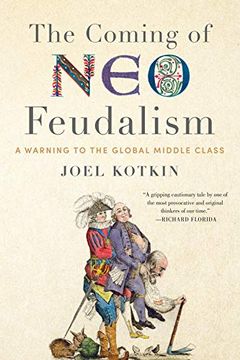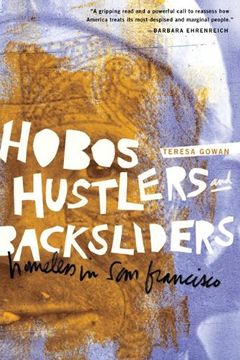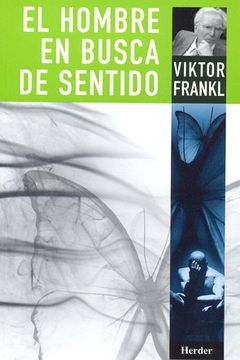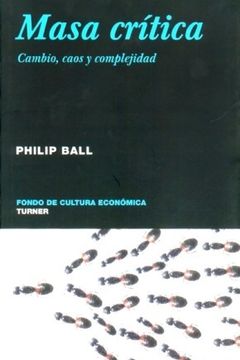6 libros en la lista
Ordenar por
Últimas recomendaciones primero
Diseño
The Coming of Neo-Feudalism explores the alarming return towards a more feudal era marked by a concentration of wealth, reduced upward mobility, demographic stagnation, and increased dogmatism. The book argues that a new class structure, resembling that of medieval times, is emerging, with a clerical elite dominating the upper rank and tech oligarchs at the top. It also highlights the decline of the middle class and the rise of the property-less population. The author believes that with understanding and opposition, these trends can still be reversed.
Recomendado por
Nouriel RoubiniThis award-winning book explores the lives of homeless men in San Francisco and the impact of the homelessness industry on public policy. Through five years of fieldwork, the author delves into survival techniques, perspectives on life on the streets, and the societal discussions around homelessness. A powerful ethnography that sheds light on the way extreme poverty is addressed and how it affects those experiencing it.
Mike Shellenberger
2021-08-26T15:41:26.000Z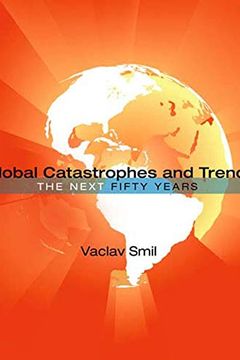
Global Catastrophes and Trends
The Next Fifty Years (The MIT Press)
Explore the potential global changes that may occur over the next 50 years with this interdisciplinary book. Scientist Vaclav Smil covers both sudden and cataclysmic world-changing events, such as volcanic eruptions and large-scale terrorist attacks, and more gradual trends, like demographic shifts and environmental changes. With a balanced perspective, Smil encourages readers to make sense of the complexities around global warming, and use their understanding of change to reverse negative trends and minimize the risk of catastrophe.
Mike Shellenberger
2020-11-30T02:36:24.000ZEl doctor Frankl, psiquiatra y escritor, suele preguntar a sus pacientes aquejados de múltiples padecimientos: «¿Por qué no se suicida usted?» Y muchas veces, de las respuestas extrae una orientación para la psicoterapia a aplicar: a éste, lo que le ata a la vida son los hijos; al otro, un talento, una habilidad sin explotar; a un tercero, quizás, sólo unos cuantos recuerdos que merece la pena rescatar del olvido. Tejer estas tenues hebras de vidas rotas en una urdimbre firme, coherente, significativa y responsable es el objeto con que se enfrenta la logoterapia.
En esta obra, Viktor E. Frankl explica la experiencia que le llevó al descubrimiento de la logoterapia. Prisionero, durante mucho tiempo, en los desalmados campos de concentración, él mismo sintió en su propio ser lo que significaba una existencia desnuda. ¿Cómo pudo él que todo lo había perdido, que había visto destruir todo lo que valía la pena, que padeció hambre, frío, brutalidades sin fin, que tantas veces estuvo a punto del exterminio, cómo pudo aceptar que la vida fuera digna de vivirla? El psiquiatra que personalmente ha tenido que enfrentarse a tales rigores merece que se le escuche, pues nadie como él para juzgar nuestra condición humana sabia y compasivamente. Las palabras del doctor Frankl alcanzan un temple sorprendentemente esperanzador sobre la capacidad humana de trascender sus dificultades y descubrir la verdad conveniente y orientadora.
Mike Shellenberger
2020-09-18T15:25:59.000Z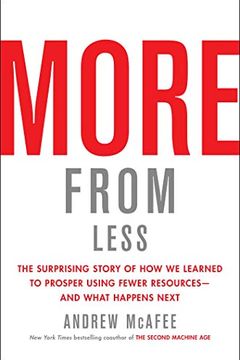
More from Less
The Surprising Story of How We Learned to Prosper Using Fewer Resources―and What Happens Next
Discover the revolutionary argument that growing technologically sophisticated market-based economies around the world is the key to increasing human prosperity while treading more lightly on our planet. More from Less provides masterfully researched evidence that America and other countries are now generally using less resources year after year, even as their economies and populations continue to grow, thanks to the collaboration between technology and capitalism. This book is a paradigm-shifting account of how humanity stumbled into an unexpectedly better balance with nature, offering the promise of a more abundant and greener future.
Mike Shellenberger
2019-10-04T16:47:24.000ZEl célebre divulgador científico conocido por convertir los temas más complejos en las lecturas más agradables, se atreva a plantear preguntas como ¿Somos libres de crear nuestra propia sociedad o estamos atrapados por la “naturaleza humana”, ¿Hay algún orden en los cambios, el caos y la complejidad que nos rodean?
Mike Shellenberger
2019-05-29T04:19:01.000Z